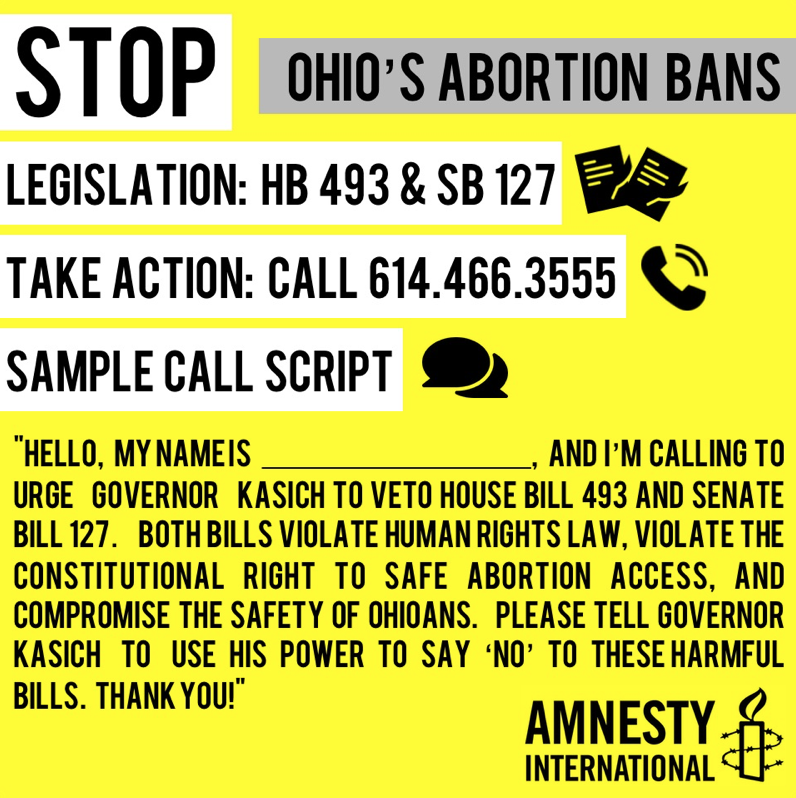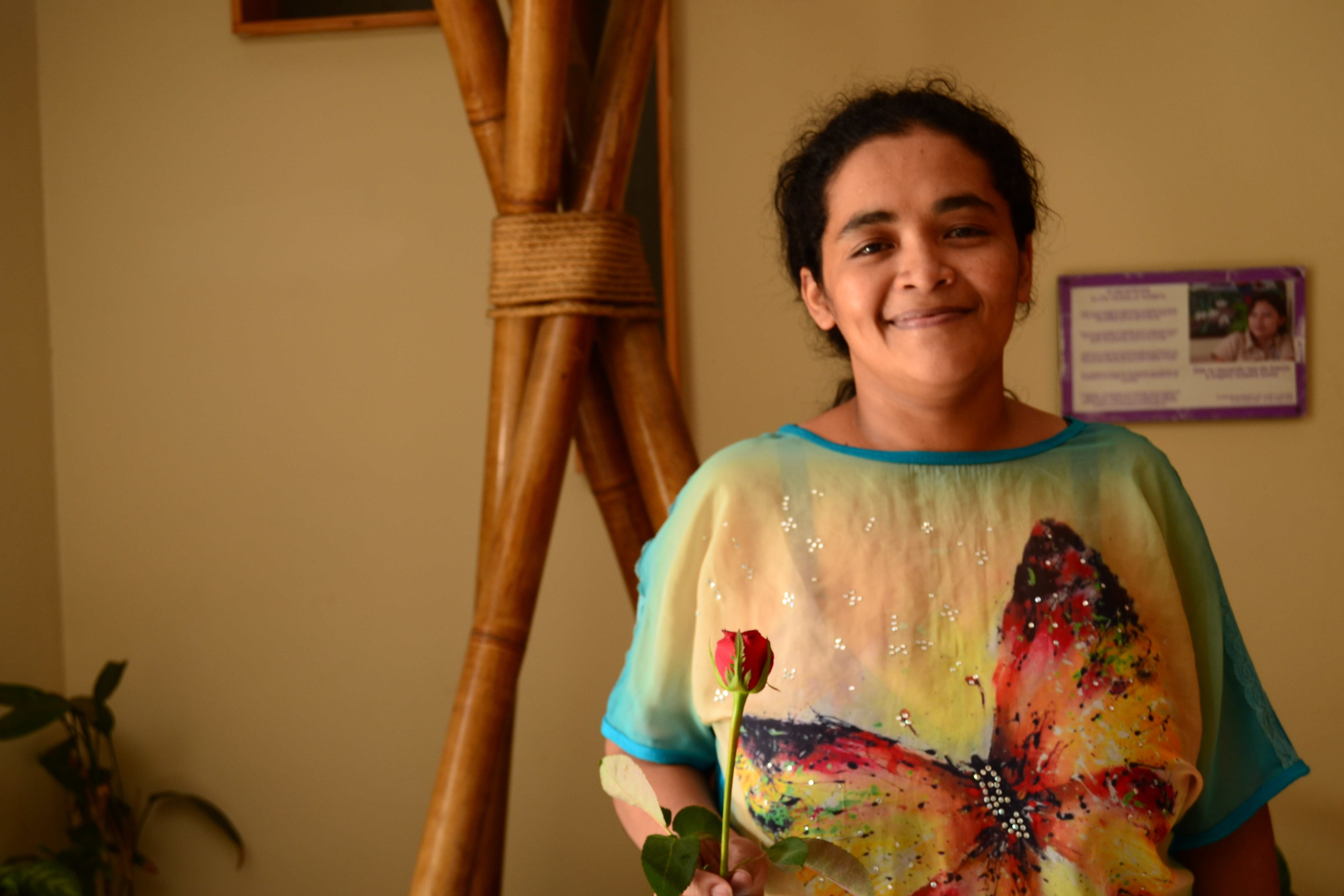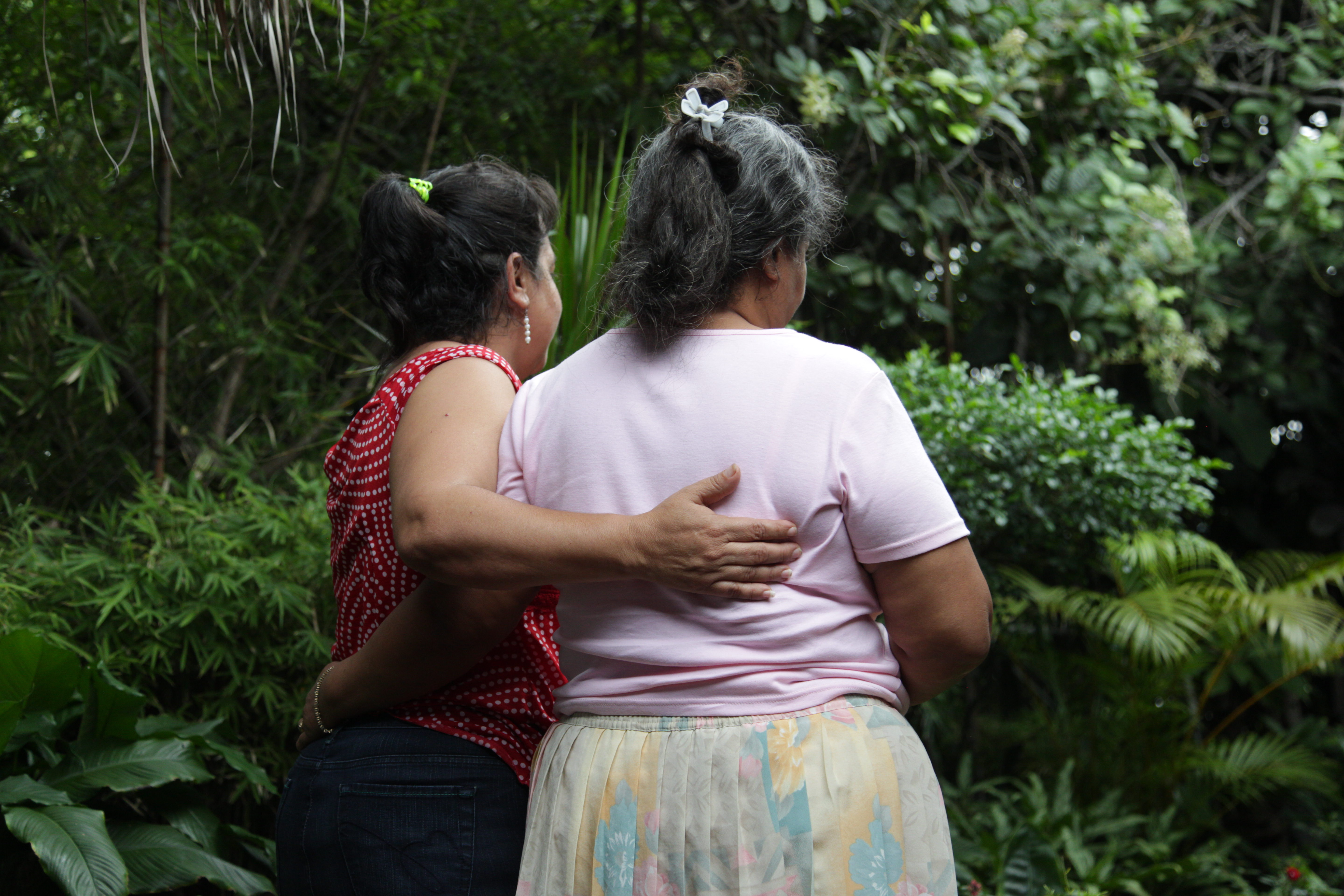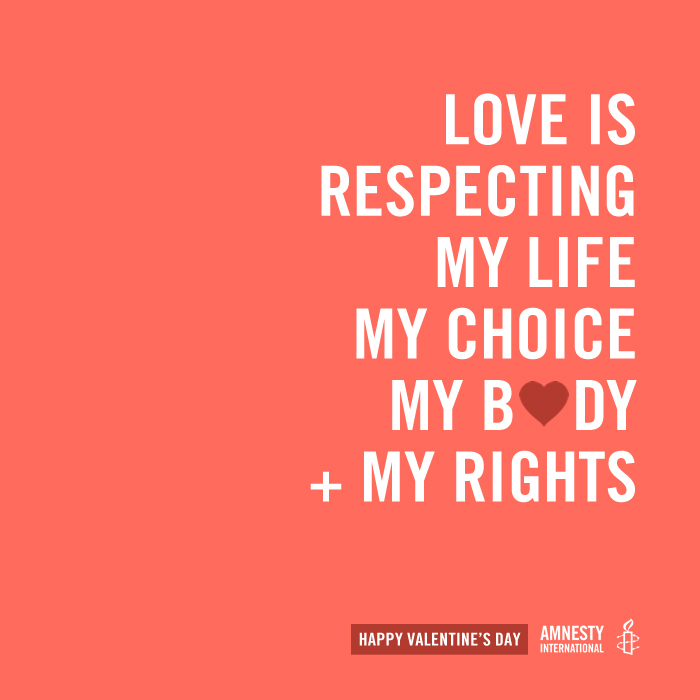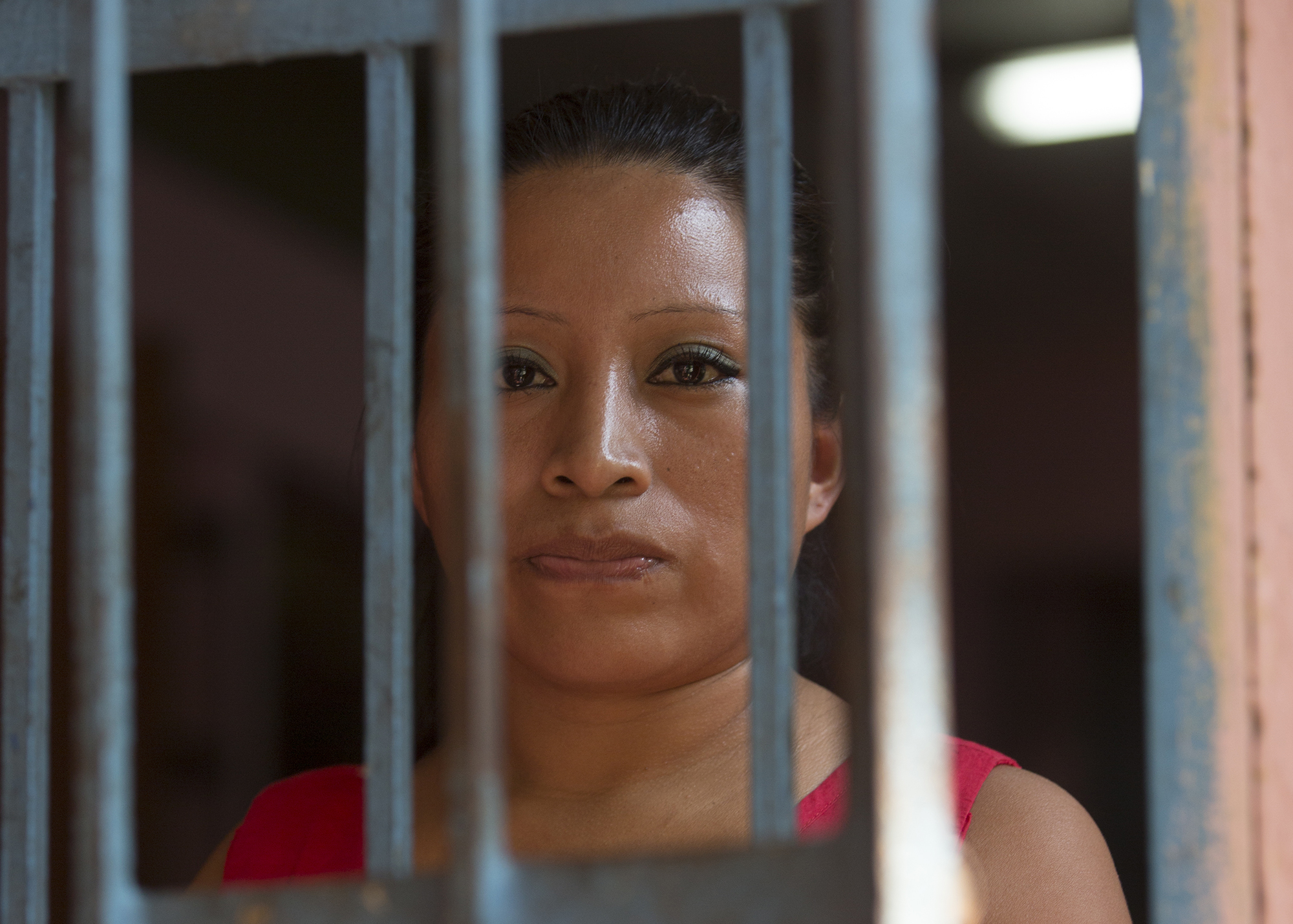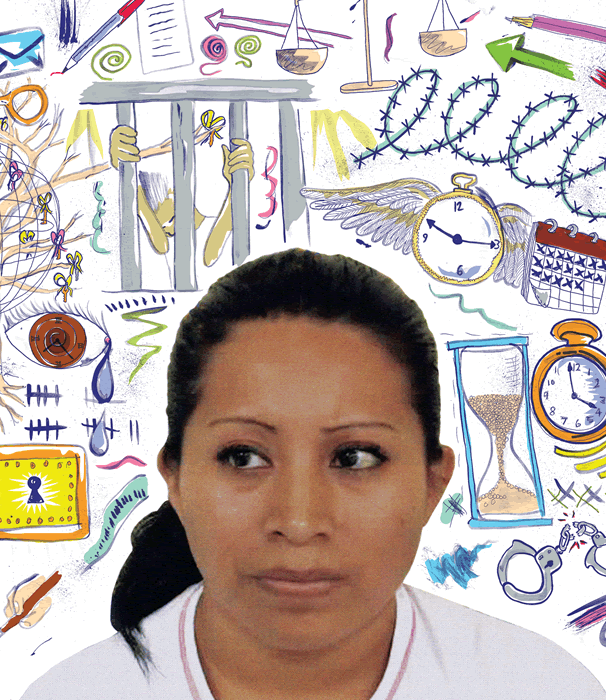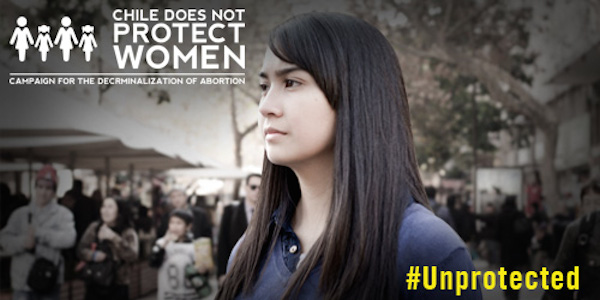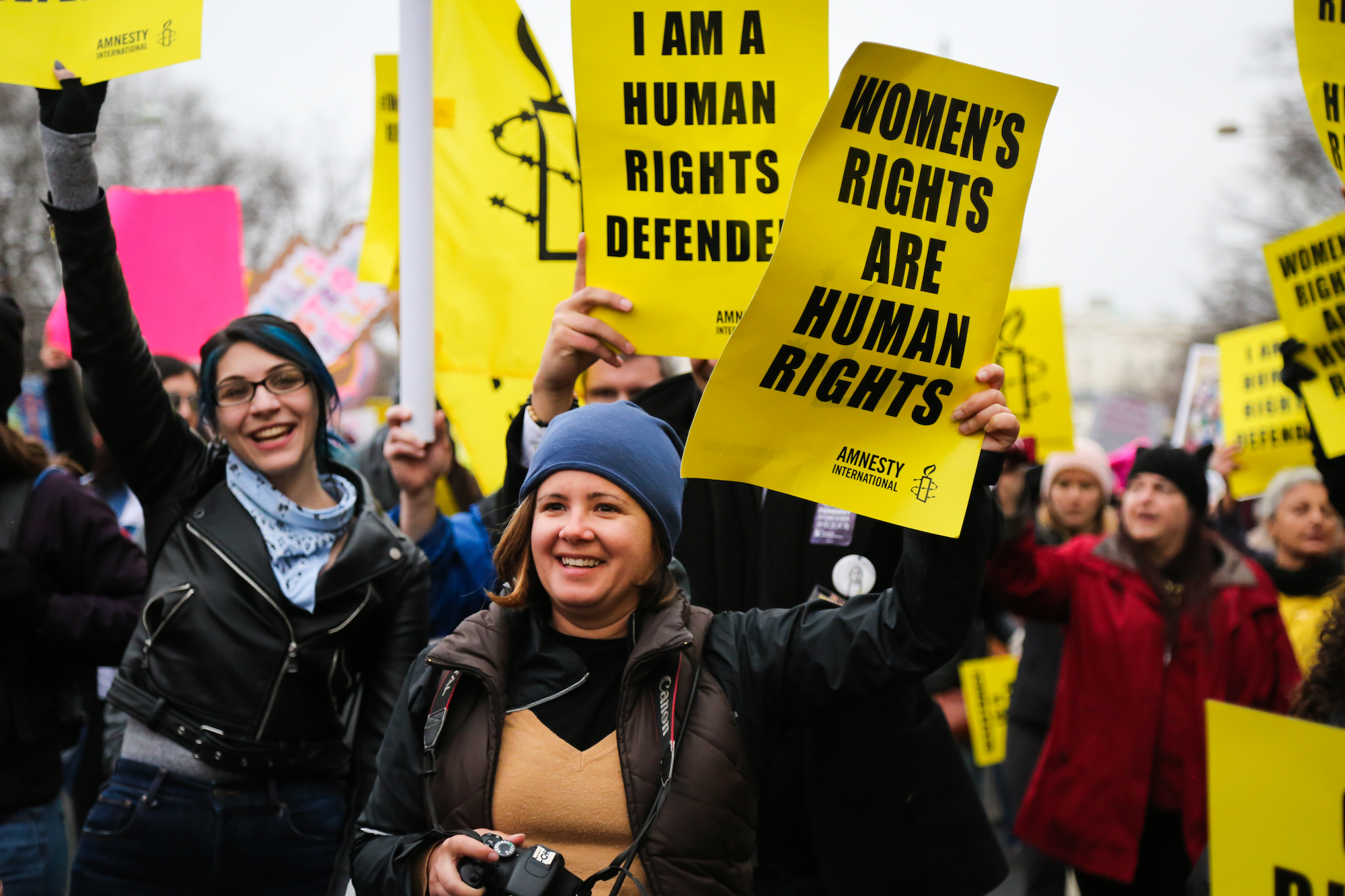
A mere two days after millions of people marched around the word with and in solidarity with the Women’s March on Washington, President Donald J. Trump announced the “Global Gag Rule,” a major blow to women’s rights and human rights worldwide.
Trump’s Global Gag Rule prohibits U.S. international aid to groups that so much as educate their communities on safe abortion. Even if an organization is using non-U.S. funding for such activities, they will lose their U.S. funding if they offer counseling, advocate for legal reform, provide abortions, or even provide referrals at any time. SEE THE REST OF THIS POST
